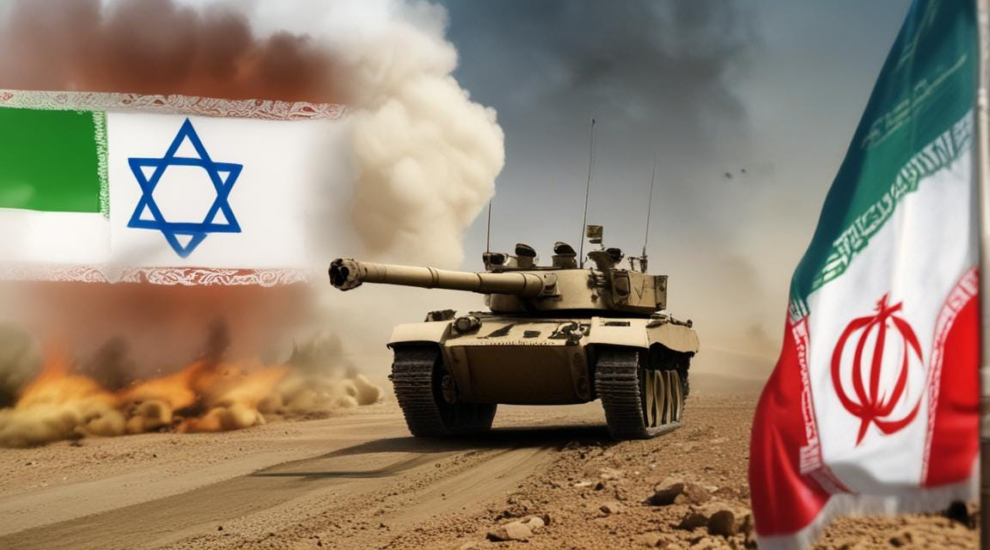Israel and Iran have engaged in precise, calculated strikes without escalating into full-blown war. Israel recently targeted Iranian military sites after Iran’s missile attack on Israeli positions in early October. This restrained approach has prevented major conflict.
Both sides seem to recognize the risks of escalating tensions. Diplomatic efforts, particularly by the US, Saudi Arabia, and others, have helped avoid full-scale war. Delayed responses and careful targeting reflect a shared understanding of the consequences of wider conflict.
The current approach may be unsustainable, as both nations avoid overwhelming force, aware that an all-out war could destabilize the region and the world. Experts warn that this fragile balance could easily collapse.
Prime Minister Netanyahu recently suggested that Israel could escalate if Iran strikes again, signaling the possibility of a broader military response. His comments add tension, but also reflect the growing stakes of the conflict.
The nature of warfare has evolved, with traditional “shock and awe” tactics being replaced by targeted strikes. New technologies like AI and autonomous weapons are reshaping military strategies, making full-scale bombardments less viable.






































